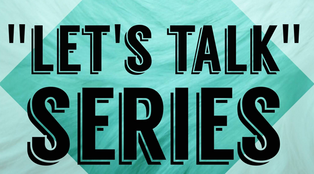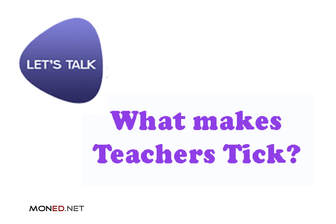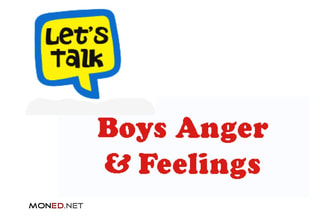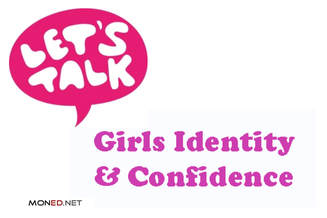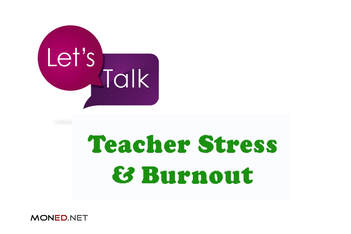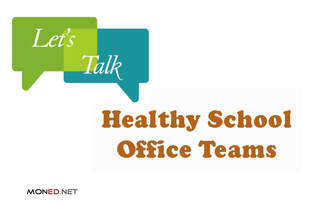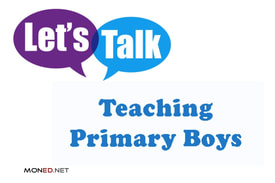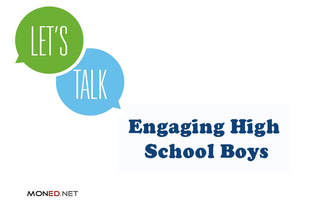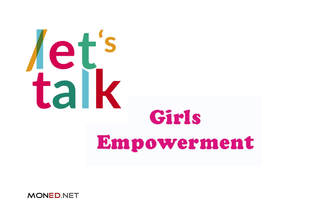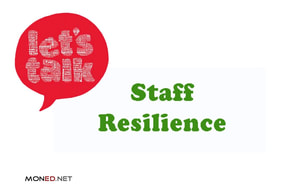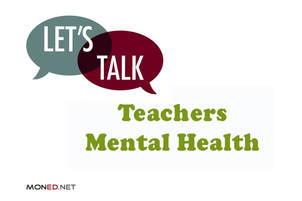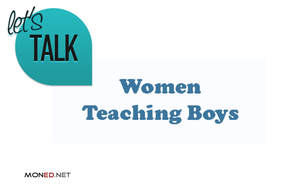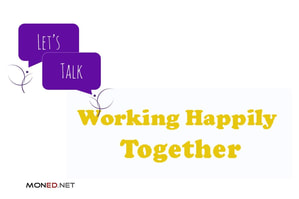Which Crucial Conversations will your school
teachers and students have in 2018?
Getting a responsive and emotionally engaged conversation on important topics within your school is the focus of each of these Crucial Conversation programs. They are based around collegial cooperation and dialogue and provide tools and platforms for making positive and engaging changes in the lives of your teaching staff and students.
“Judge a man by his questions rather than his answers.” Voltaire
The ability to facilitate effective team feedback and empower real team conversations is a critical leadership skill.
The first key strategy to empower real team conversations is to befriend the question.
The second key strategy to empower real team conversations is to allow silence that provides space for people to respond.
The third key strategy to empower real team conversations is to create safe ways for people to engage.
The fourth key strategy to empower real team conversations is to get people moving. This will energise the body and the mind.
The first key strategy to empower real team conversations is to befriend the question.
The second key strategy to empower real team conversations is to allow silence that provides space for people to respond.
The third key strategy to empower real team conversations is to create safe ways for people to engage.
The fourth key strategy to empower real team conversations is to get people moving. This will energise the body and the mind.
|
|
|
|
Australian schools are promoting Crucial Conversations in 2018
Bring these Crucial Conversation programs
|
What's inside your Crucial Conversations program?
How to purchase a Crucial Conversations programBUY TODAYCopy and paste the information below in an email to [email protected].
NSW public schools should send their order to EDConnect and quote supplier number 100387105 Contact person School Postal address Postcode Contact email Please supply the following Crucial Conversations programs on CD No GST payable. ___ Crucial Conversations Teen Talk Topics CD $129 ___ School Counsellor Cards and Questionss CD $129 ___ School Counsellor Student Games CD $129 ___ Teacher Board Games CD $129 ___ Crucial Conversations about Teacher Mental Health $149 ___ Crucial Conversations about Student Mental Health $149 ___ Crucial Conversations Girls in School CD $129 ___ Crucial Conversations Healthy School Office Teams CD $129 ___ Crucial Conversations Teaching Primary Boys CD $129 ___ Crucial Conversations High School Boys CD $129 ___ Crucial Conversations Girls Empowerment CD $129 ___ Crucial Conversations Women Teaching Boys CD $129 ___ Working Happily Together CD $129 Michael Auden ABN 39 929 256 117 NSW Vendor ID 100387105 1 Wedge Court Glen Waverley Victoria 3150 Email [email protected] A quick guide to meaningful conversations
Ask open-ended questions. A conversation isn’t about speaking at someone, it’s speaking with someone. You’ll learn more about the person’s perspectives and experiences by asking questions. If the person tells you something, follow-up with a question that encourages them to keep speaking.
Follow up with deeper questions. If you start out with a question, ask another one to get more information and help the person open up. For example, if you ask a general question, follow it up with a more specific question. Your questions should engage the person and help to create depth in the conversation.
Find common interests and experiences. A simple, easy way to relate to someone is to find common interests, hobbies, experiences, and backgrounds with the person you're talking to. You may have grown up near each other, attended the same university, or watch the same television shows. Ask them about their background, and, if yours is similar, compare the two!
Be willing to be vulnerable. A meaningful conversation is difficult to build and maintain if those involved are unwilling to be vulnerable. Be willing to state your thoughts and feelings, even if they feel a bit uncomfortable. Meaningful conversations might include connecting with another person about a shared experience or memory. Be willing to open up, especially if you feel alone in something.
The Talking StickThe Talking stick, used in many Indigenous cultures, is an ancient and powerful “communication tool” that ensures a code of conduct of respect during meetings is followed. The person holding the stick, and only that person, is designated as having the right to speak and all others must listen quietly and respectfully.
Talking sticks are most frequently used in council circles, ceremonies and at the beginning of cultural events and in storytelling circles. Some cultures do not use a Talking Stick per say but use an eagle feather, wampum belt, peace pipe or sacred shell. A great many schools have adopted the Talking Stick principles in their classrooms as a way to teach children patience, self-discipline and to respect the speaker and his/her words. If you invited to attend a meeting that involves a Talking Stick, either ask about protocol in advance and/or follow the lead of others. Here are some basic rules that if you follow you won’t go far wrong:
Make 2018 the year everyone in your school engages in meaningful conversations. |
